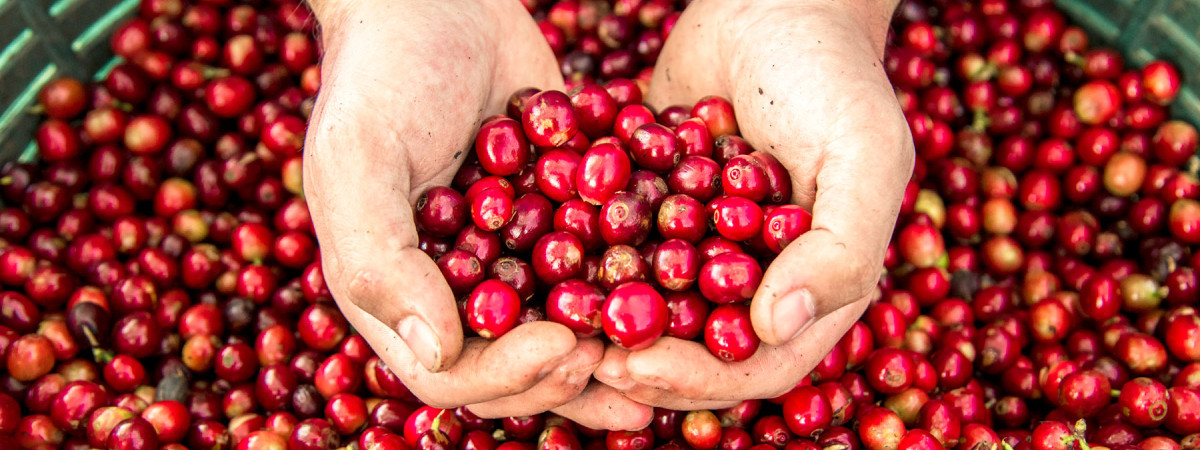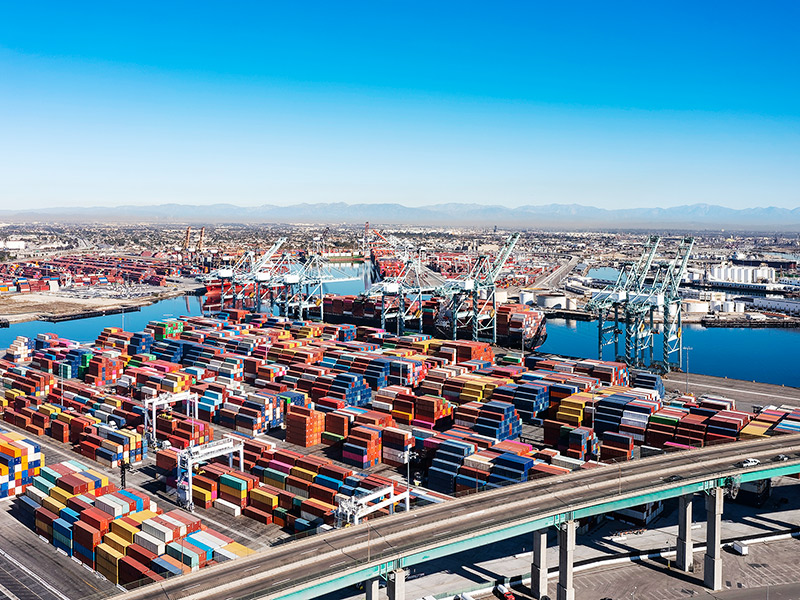
Photo by Kevin Valverde on iStock
Authors
-
Anna Iles
Former Associate Director, Transformation, BSR
-

Associate, Human Rights, BSR
-
Felicity Butler
Former Manager, Equity, Inclusion, and Justice, BSR
Key Points
- Smallholder farmers make up 84 percent of farms globally.
- Despite their importance to global supply chains, SMEs often struggle with regulatory compliance due to their size and limited resources.
- BSR’s Supply Chain Sustainability team shares five recommendations for businesses to enable incoming regulation to support transformation, with SMEs at the heart of resilient supply chains.
A host of incoming regulations, such as the EU Regulation on Deforestation-free Products (EUDR) and the Corporate Sustainability Reporting Directive (CSRD), as well as national laws such as the German Supply Chain Act, French Duty of Vigilance Law, US Uyghur Forced Labor Prevention Act (UFLPA), and China’s new ESG disclosure rules, are set to transform the global business landscape.
One concern leveled by critics of such regulations is the potential impact on smallholders and small- and medium-sized enterprises (SMEs). Smallholders may not currently comply with the EUDR regulation and therefore would not meet compliance requirements to trade with downstream businesses. Critics fear that supply chains might consolidate around compliant, larger companies, resulting in a business ecosystem where large companies predominantly work with each other. This could sideline smaller, less compliance-ready smallholders, resulting in reduced diversity and resilience in supply chains, as well as continued inequalities for smallholder farming households.
The first implementation of the EUDR will apply from December 2024 and is seen by some as an opportunity for downstream companies to develop programs and processes that will enable them to respond to the fast-approaching regulations. In particular, the companies will need solutions that address the potential implications for smallholders in value chains affected by the regulation, specifically cocoa, cattle, coffee, palm oil, rubber, soya, and wood. Due to the EUDR, Indonesia initially accused the EU of “regulatory imperialism.” Along with Malaysia, also a major palm oil producer, Indonesia later initiated dialogue with the EU to address concerns regarding the increased regulation requirements for smallholders.
Smallholders make up 84 percent (more than 450 million) of farms globally. Despite their importance to global supply chains, smallholders and SMEs often struggle with regulatory compliance due to their size and limited resources, and they rarely receive support to recognize and reap the benefits of complying. Informal workers, homeworkers, and vulnerable groups like women and migrants face similar challenges and are often excluded from many companies’ social policies and due diligence processes.
A Window of Opportunity
Timing to develop effective interventions is limited, but there is still a window of opportunity. To support diverse and resilient supply chains, downstream companies would be wise to invest in inclusive compliance approaches for smallholder farming households and SMEs.
Large businesses could spearhead initiatives to support smallholders and SME inclusion, such as pre-competitive company collaborations at jurisdictional scale, including public-private partnerships and open-source studies on the implementation and learnings from regulation implementation. Landscape approaches, or multi-stakeholder collaborations focused on a specific geographic area, can support alignment around common goals and actions to enhance sustainability performance. Such approaches can improve sustainability; mitigate risks in value chains; rebalance power, risk, and reward; promote digital inclusion, and focus on farmer-centric governance and data ownership.
Businesses that take a holistic, long-sighted approach to compliance will be supporting the development of new global standards and could reap first-mover benefits, particularly if other markets were to follow the EU’s lead. Contrary to the common perception of regulation as a business burden, it can facilitate and even strengthen business performance, driving companies to be more ambitious and creative, while promoting transparency and traceability.
Below are five recommendations for downstream businesses to support smallholders and SMEs in complying with incoming regulations.
1. Financial Compensation and Strategic Investments
- Ensure a living income or wage and consider fair pricing and revenue-sharing models to enable smallholders to invest in meeting new requirements.
- Use a downstream business’ finances to support smallholders to meet the reporting requirements and operational costs, such as infrastructure, certification, and documentation processes.
- Invest in more sustainable practices, such as regenerative agriculture, to enable smallholders to meet incoming standards.
2. Implement Capacity-Building Programs, Resources, and Training
- Invest in programs to strengthen the ability of smallholders and SMEs to comply with human rights and environmental standards. Downstream businesses could then encourage the suppliers to adopt self-assessment practices and enhance their due diligence processes.
- Offer free training, webinars, documents, and other online resources or technical assistance to suppliers.
- Provide sample documentation on policies, ensuring suppliers understand and can implement necessary processes effectively.
3. Foster Long-Term Partnerships
- Invest in long-term partnerships with both suppliers and implementing partners. This will drive impacts through continuous evaluation of improvements at a farm or factory and redirect financial flows to help smallholders make the appropriate investments in long-term solutions.
- Foster consistent, credible, and equitable stakeholder engagement.
4. Adopt Systemic and Flexible Approaches
- Take systemic approaches and invest in landscape or jurisdictional programs. Conduct research, implement data systems, and promote digital inclusion. Support open-source databases.
- Be creative and flexible with suppliers, considering their specific contexts and challenges. This can include accepting a variety of certifications and verifications, including local versions; giving relative importance to priority local issues; and adapting the requirements for different types of suppliers so they reflect their different contexts.
5. Influence Policy to Ensure Inclusive Development of Standards
- Work with governments to ensure that regulations are functional and effective and that the choice of metrics being requested from suppliers is feasible.
- Join sector-wide collaborative initiatives, particularly in sourcing and production markets, to influence policy, support compliance, raise standards across the board, and play a crucial role in helping companies identify and address shared risks and opportunities.
In addition to these actions for downstream business, governments can create an operating environment conducive to compliance. For instance, cocoa producer Ivory Coast has provided over 700,000 electronic cards to nearly three-quarters of farmers to support the tracking and tracing of cocoa in response to the EUDR.
Regulators should make efforts to maximize the capacity of smaller businesses and independents to comply. The EU regulations, while stringent, offer funds and assistance to countries most impacted by them, including support tools for SMEs. However, there is a notable lack of financial and capacity-building support for suppliers, an issue highlighted by the limited examples of European buyers investing in their partners' development. This gap is often filled by local civil society organizations and EU development aid agencies.
There is also a pressing need for suppliers, especially those in the Global South, to be actively included in creating sustainability-related legislation, which is predominantly being developed in the Global North.
The evolving landscape of regulations presents both challenges and opportunities for SMEs and smallholders. A balanced approach that considers the unique needs of smaller businesses and fosters inclusive, sustainable growth will enable incoming regulation to achieve its intended impact.
Topics
Let’s talk about how BSR can help you to transform your business and achieve your sustainability goals.







